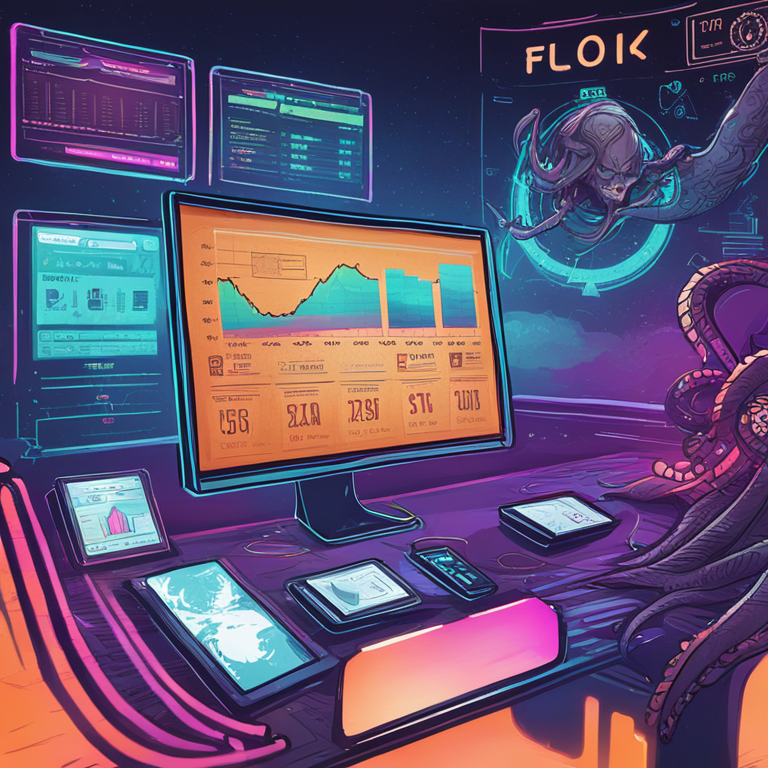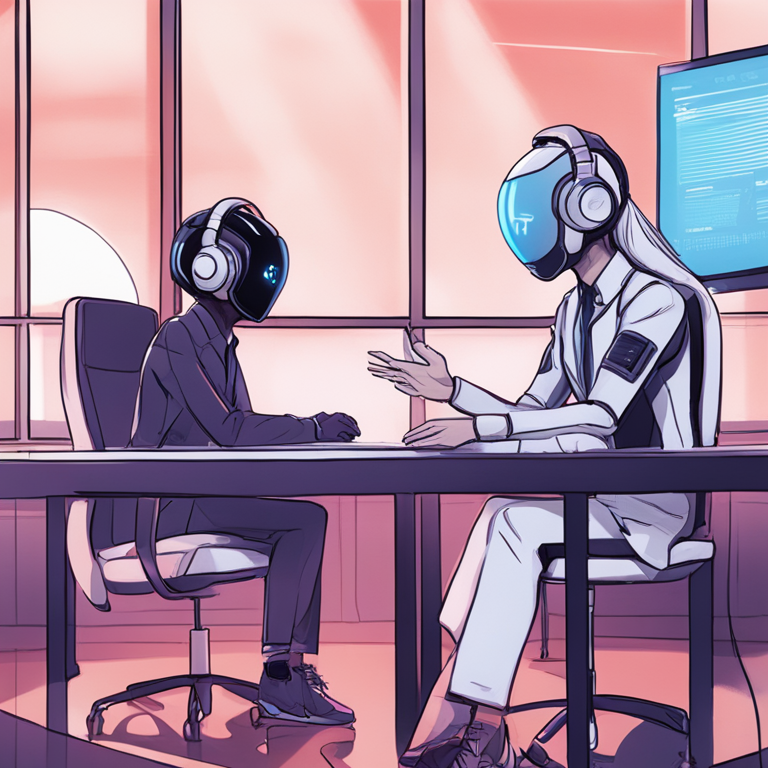
Introduction
When two high-profile leaders exit a company in close succession, it's bound to raise eyebrows and spark speculation. So, when OpenAI's Ilya Sutskever and Jan Leike announced their resignations just days apart, the AI community was understandably abuzz. With their exits closely following another critical departure earlier this year, it begs the question: What is going on behind the scenes at OpenAI? And perhaps more crucially, what does this mean for the future of AI safety?

Context of the Departures
The drama kicked off in early 2023 when Ilya Sutskever, co-founder and former chief scientist at OpenAI, was implicated in an attempted coup to oust CEO Sam Altman. The alleged motive? Concerns over Altman's perceived lack of seriousness regarding AI safety protocols. Although Altman was back at his desk within a week—short break, right?—Sutskever resigned from the board and retreated to the shadows, not making any public appearances.
When OpenAI released its much-anticipated product update on Monday, conspiracy theories hit overdrive due to Sutskever’s noticeable absence. Just two days later, he made his official departure public. Adding more fuel to the speculative fire, Jan Leike, a co-founder of OpenAI's "superalignment" team, also handed in his resignation shortly afterwards, leaving many to ponder the implications of these back-to-back exits.
Resignation of Ilya Sutskever
Background
Ilya Sutskever has been a cornerstone of OpenAI, widely regarded as one of the masterminds behind its advanced machine learning and AI safety initiatives. Responsible not just for breakthrough models but also for the ethical framework guiding their deployment, Sutskever carried significant weight within the organization. His exit marks the loss of a key voice advocating for balanced and cautious AI development—a sentiment not lost on the tech world watching these developments unfold in real-time.
Resignation Statement
Sutskever's resignation was conveyed through a remarkably cordial statement, both from him and Sam Altman. “After almost a decade, I have made the decision to leave OpenAI,” Sutskever wrote, expressing confidence in the company's future under Altman’s leadership. Aw, sounds like a mutual breakup, doesn’t it? He added, “I’m moving on to focus on a personally meaningful project,” leaving us all intrigued about what that could be. Altman responded with profound respect, calling Ilya a "guiding light" and acknowledging that OpenAI wouldn’t be what it is without him. Somebody pass the tissues, right?
Social Media Reactions
Twitter, or should we call it the 21st-century watercooler, was predictably rife with reactions. Sutskever's announcement was met with an outpouring of respect and a few eyebrow-raising comments. A notable interaction occurred when Adam Sulik, an "AI centrist," urged Sutskever to spill the tea on what led to the boardroom drama. Though Sutskever fleetingly followed Sulik's account, he later unfollowed, leaving us hanging.
In a more abrupt fashion, Jan Leike posted a simple “I resigned” tweet, void of the usual professional courtesies. The timing of his departure, immediately following Sutskever's, adds another layer of intrigue and concern. Sulik chimed in again, hinting at the existential risks posed by an AI ecosystem devoid of its ethical checkers. The unfolding Twitter drama served as a digital bonfire, around which the AI community gathered to discuss, debate, and speculate the future of ethical AI development.
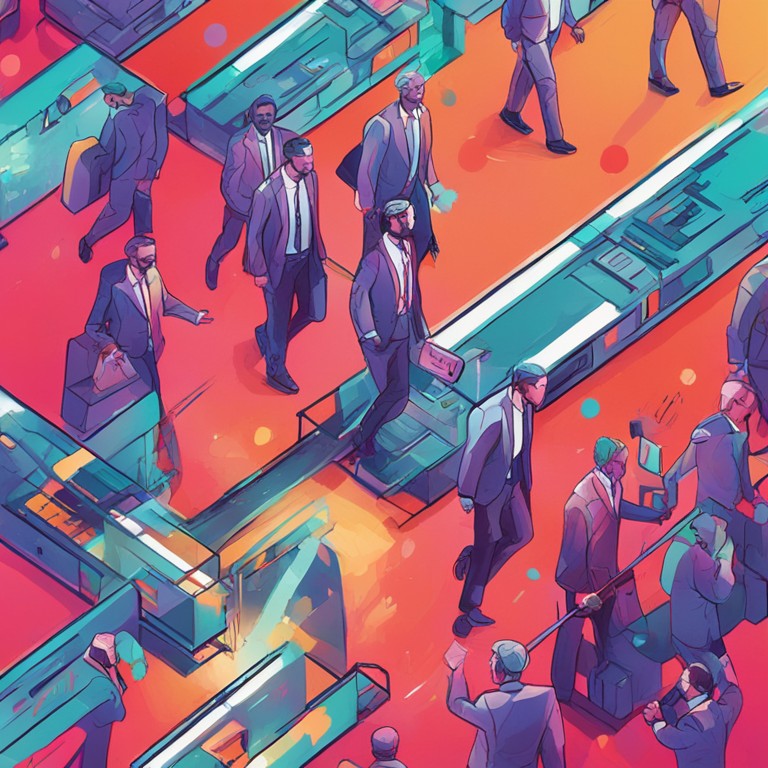
Resignation of Jan Leike
Background
Imagine dropping the microphone at your final concert—well, that's pretty much what Jan Leike did when he announced his resignation from OpenAI. Leike, together with Ilya Sutskever, was one of the minds behind OpenAI’s "superalignment" team. This crack team was all about ensuring future AI systems, especially those that might surpass human intelligence, align with our humble human values. However, as the curtains close on the duo's tenure, questions about the ethical compass guiding OpenAI have taken center stage. Leike isn't just any techie; he’s an AI virtuoso who previously worked at Google’s DeepMind, making his departure more significant than your average exit interview.
Resignation Statement
When Leike took to Twitter to announce his resignation, it wasn’t with a grand farewell or a heartfelt thank-you note. Nope, he kept it as brief as a haiku, stating simply, “I resigned.” No elaboration, no praise for his former employer—just a mic drop moment in the most literal sense. While his previous partner in AI crime, Sutskever, left with a bit more fanfare, Leike’s succinct announcement raises some eyebrows. Was it sheer professionalism, a hint of disillusionment, or just his style? Your guess is as good as ours, but one thing's for sure—Leike's brief tweet sent ripples through the tech community.
Social Media Reactions
Social media, the digital coliseum, where every move is dissected and analysed by thousands of lurking spectators. Adam Sulik, a self-described “AI centrist,” commented on Leike’s resignation with a note of concern. “Seeing Jan leave right after Ilya doesn’t bode well for humanity’s safe path forward,” he tweeted, suggesting that their departures signal a troubling trend. In a world where memes can spark revolutions and threads determine public opinion, these resignations and the subsequent reactions have added fuel to an already burning conversation on AI ethics. Ever the cryptic one, Sutskever replied to his own resignation with a dachshund meme—a post Leike didn't bother to like or share, suggesting perhaps a less-than-amicable departure.
Impact on AI Safety and Ethics
Industry Trends
Imagine the tech industry as a high-stakes poker game where the stakes are the future of humanity. The departure of key figures like Leike and Sutskever leaves OpenAI without some of its most vocal advocates for ethical AI development. This shift isn't happening in a vacuum. Across Silicon Valley, we've seen a wave of disbanded ethics teams. Microsoft axed its entire ethics team earlier this year, showing that the industry's ethical reset isn’t limited to OpenAI. Google and Meta have similarly sidelined their responsible AI efforts. The tech behemoths seem to be racing towards the future unburdened by ethical considerations—faster, but riskier.
Potential Risks
If the phrase "race to the bottom" were ever to be rebranded, it might well be renamed "the AI rush." With key ethical monitors stepping down and companies getting cozier with lucrative but morally clouded applications, the risks are multiplying. Despite progress in AI capabilities, an unbridled approach could inadvertently push us towards AI systems that aren't aligned with human values. Imagine AI that, instead of helping grandma cross the street, is busy designing the next-gen military drone. The ethical lapses of today could shape the dystopias of tomorrow. So, while the tech gets faster and sleeker, the brakes are looking increasingly unreliable.
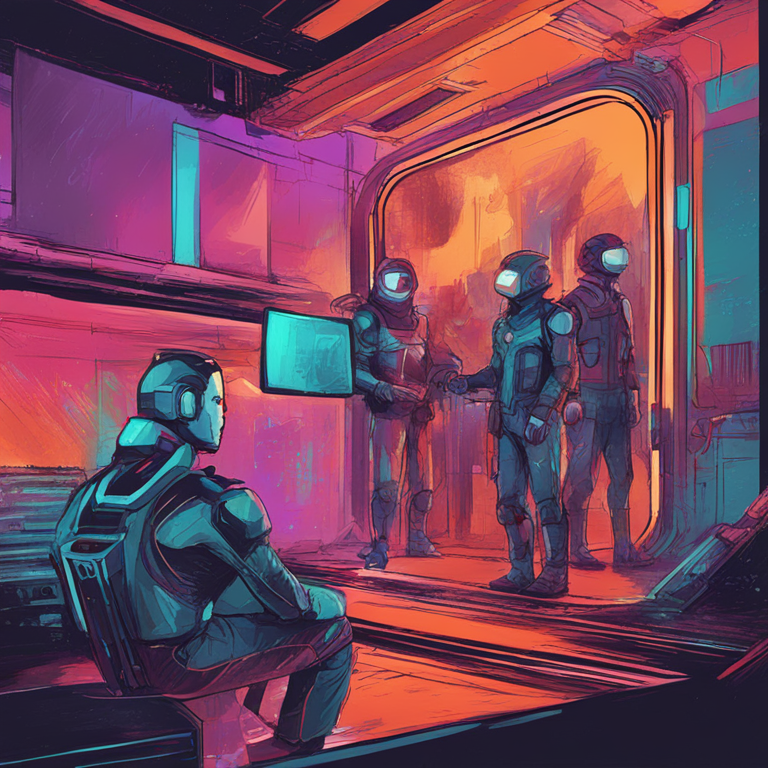
Broader Implications
The impacts of these high-profile resignations will ripple through more than just OpenAI. They offer a worrying sign that the tech industry's broader commitment to ethical AI might be weakening. Companies like OpenAI, once hailed as bastions of principled innovation, are now dabbing a bit too much in aggressive market capture. When pioneers of ethical AI like Leike and Sutskever leave, it casts a long shadow over the company's future motives. From relaxed AI usage guidelines to more controversial dealings like those with the Pentagon, we’re in uncharted waters, folks. It’s not just a storm in OpenAI's teacup; it’s a potential paradigm shift in how the world’s most powerful technologies are developed and deployed.
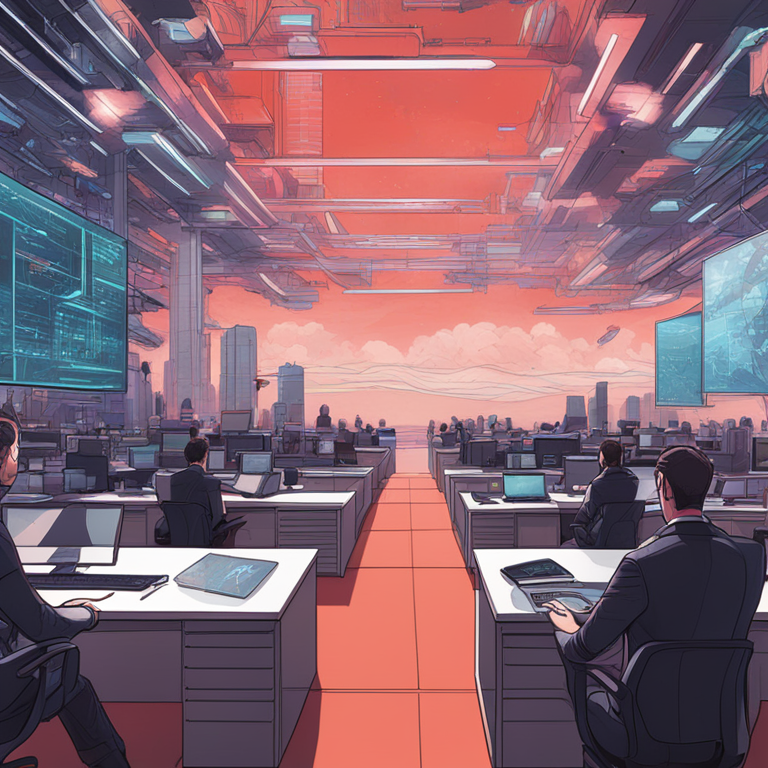
Future directions
OpenAI's recent leadership shakeup leaves us all pondering the future of AI safety—is artificial intelligence steering towards a terminator-inspired dystopia, or perhaps a utopian co-working space where robots bring us coffee?
As the AI giants like OpenAI, Google, and Microsoft reshuffle their ethics teams like a deck of cards, it’s worth considering whether high-stakes decisions are now made with the caution of a poker game or the recklessness of a Vegas all-nighter. With the departure of Ilya Sutskever, Jan Leike, and previously Andrej Karpathy, OpenAI has lost significant brainpower advocating for safe and beneficial AI development. This leaves the rest of us wondering if the remaining teams will hit the brakes or floor it on the regulatory freeway!
The shift in workforce dynamics often hints at deeper transformations within a company. For OpenAI, the influx of more technically-focused personnel, like Jakub Panochi, suggests a pivot towards scaling up AI capabilities. The strategic loosening of restrictions and exploring markets previously considered taboo further signifies OpenAI’s intent to broadening its horizons—even if it means tiptoeing around ethical landmines. It's akin to swapping your cautious coach driver for a Formula 1 racer—thrilling but risky!
Meanwhile, the broader tech industry is sprinting to maintain dominance, exemplified by Meta, Google, and Microsoft dismantling their respective ethical AI teams. Commercial benefits seem to beckon louder than the calls for caution. Yet, regulatory frameworks like the UK's AI Act and initiatives like the Frontier Model Forum offer some ballast, aiming to keep this metaphorical ship from hitting an iceberg named “Unintended Consequences.”
The ethical tightrope isn’t just for companies. Governments and international coalitions are stepping in to ensure that AI doesn’t devolve into a wild west scenario where data breaches, biased algorithms, and autonomous weaponry become the norm. A crucial mix of voluntary guidelines and enforced regulations appears to be the future direction for maintaining a safe AI trajectory.
As we look ahead, the jury is still out on whether these new strategies will be the necessary guideposts for ethical AI or just wishful thinking caught in a whirlwind of rapid innovation. Keep those AI safety shields up, folks; it's going to be a wild ride!
Ethan Taylor
Ethan Taylor here, your trusted Financial Analyst at NexTokenNews. With over a decade of experience in the financial markets and a keen focus on cryptocurrency, I'm here to bring clarity to the complex dynamics of crypto investments.


